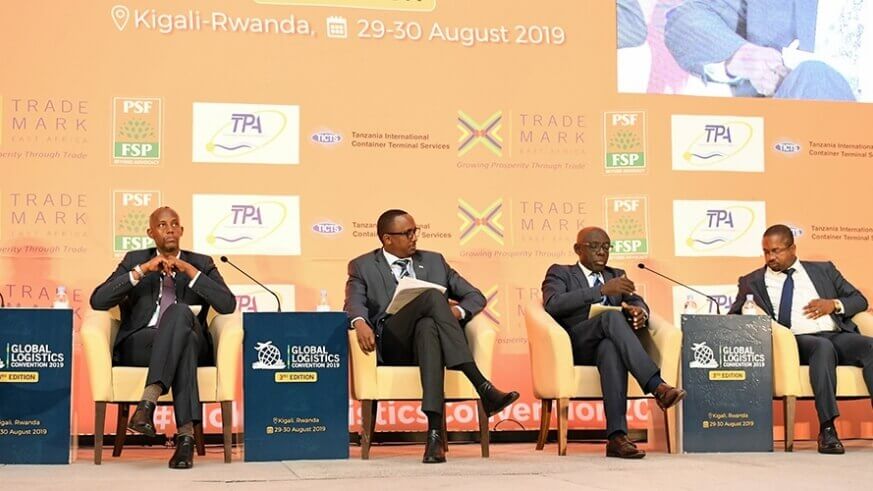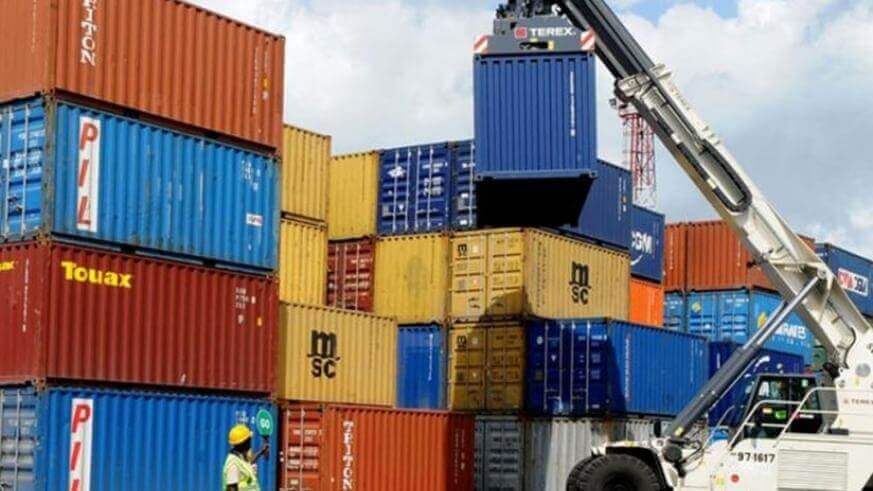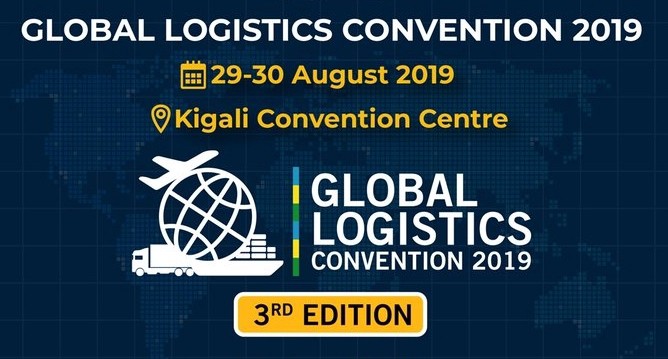Rwanda's dry port will ease trade not only in Rwanda, but also in the neighbouring markets, Mohammed Al Kamali the Deputy Chief Executive Officer of Dubai Exports has said. Dubai Exports is the promotion agency of the Department of Economic Development - a government body entrusted to set and drive Dubai's economic agenda within the broader governance systems of the United Arab Emirates. Al Kamali and a delegation from the UAE yesterday paid a visit to the facility owned by Dubai Ports World (DPW), a Dubai based global port operator. The United Arab Emirates firm signed a 25-year concession agreement with government in 2016 to construct and manage the mega facility that sits on about 30 hectares of land. Located in Masaka the dry port is the country's largest inland cargo handling facility having become operational in June. It has mega cargo handling facility with features such as container yard and bonded warehouse. According to DPW, the first phase of the facility is now ready, with an annual capacity of 50,000 tonnes and 640,000 tonnes of warehousing space. A delegation of over 17 business executives from UAE look at spare parts imported from Sharjah City at the Dubai Port World in Kigali on August 30. Emmanuel Kwizera. Speaking to The New Times during the facility tour, Al Kamali said that the facility is as a solution that will ease trade in Rwanda, and close markets. "It is not only going to serve this country but it is going also to...
East Africa: Rwanda’s Dry Port to Facilitate Trade in Region – UAE Trade Official
Posted on: September 2, 2019
Posted on: September 2, 2019



















